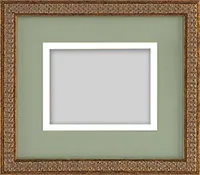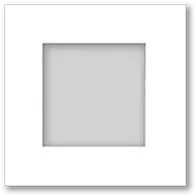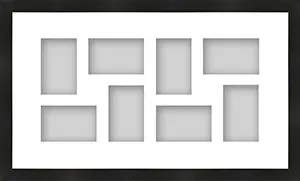Ok
Ok
What is the question
Cancel
My Account
Log In
Favorites
Saved Designs
Log In
Shopping Cart
Search
Dry Mounting
Definition
Dry Mounting is a method of permanently attaching artwork, photographs, or prints to a substrate without using liquid adhesives. Instead, it employs heat-activated or pressure-sensitive adhesives to secure the image, providing a smooth, flat, and stable finish.
Techniques and Tools
- Heat-activated adhesive: A film or tissue that bonds to artwork when subjected to a dry mount press or tacking iron.
- Pressure-sensitive adhesive: Self-adhesive sheets or films applied with a roller or press to create permanent adhesion.
- Roller Press: A hand or mechanical roller used to evenly press the adhesive against the artwork.
- Tacking Iron: A small heated iron used for smaller-scale dry mounting or detail work.
Applications
- Mounting photographs, posters, or prints for exhibition or sale.
- Creating durable and flat presentations for archival or display purposes.
- Preparing art for framing without wrinkles or bubbles.
- Permanent adhesion for materials that can withstand heat or pressure.
Best Practices
- Ensure the artwork is clean, dry, and free of debris before mounting.
- Test the adhesive on a sample before applying to valuable artwork.
- Maintain even pressure and consistent heat to prevent warping or bubbles.
- Use appropriate backing board to support mounted artwork and prevent buckling.
Related Terms









